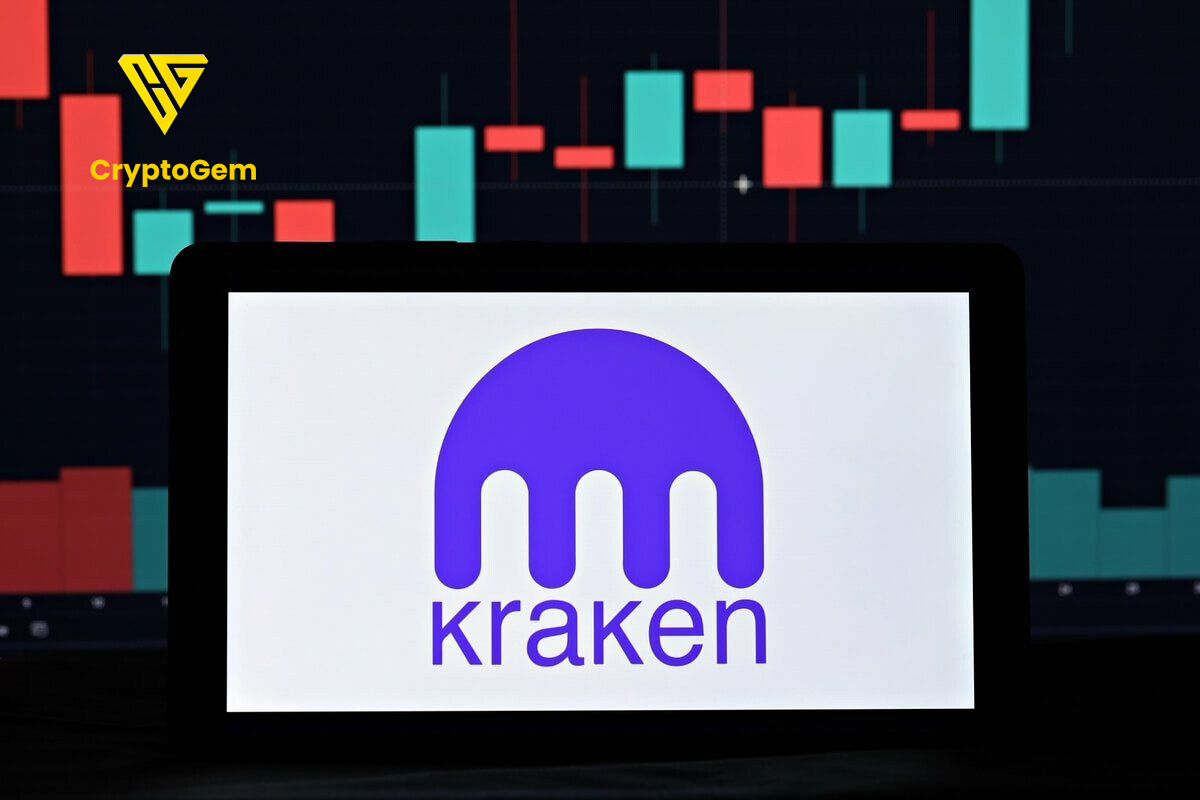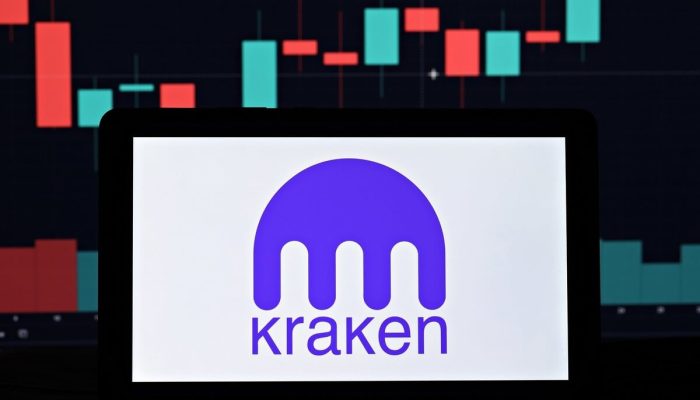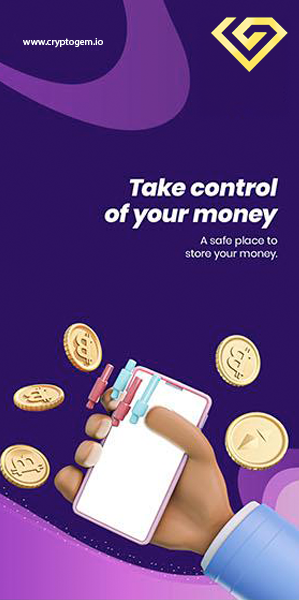Kraken is the next major Canadian exchange to wind down support for stablecoins amid regulatory pressure.
Crypto exchange Kraken has confirmed that it plans to close all trading, deposits, and withdrawals for Tether USD (USDT), Wrapped Bitcoin (WBTC), and other reserve-backed assets in Canada.
The suspension follows a similar stablecoin clampdown at other Canadian exchanges, amid regulatory guidance pertaining to the legal standing of such tokens.
No More Value-Pegged Tokens At Kraken
According to an email received by CryptoPotato from Kraken on Friday, the firm is now “required” to suspend deposits, withdrawals, and trading in Canada for Tether (USDT), Dai (DAI), Wrapped Bitcoin (WBTC), Wrapped Ether (WETH), and Wrapped Axelar (WAXL).
As of November 30 at 12:00 p.m. EST, deposits and trading for each coin will end. Withdrawals will end on December 4 at 11:00 a.m. EST, with such assets remaining on the platform to be converted into USD at the prevailing market rate on December 5.
“If you hold balances in any of USDT, DAI, WBTC, WETH, or WAXL we encourage you to consider one of our supported trading pairs or to withdraw prior to November 30th,” wrote Kraken.
All such assets are similar in that they are derivatives of other currencies and/or digital assets. USDT and WBTC, for example, are derivatives of the US dollar and Bitcoin, and are backed by centralized reserves comprised of cash and BTC respectively.
Canada’s Stablecoin Crackdown
Back in April, rival exchange Coinbase also announced its cancellation of support in Canada for stablecoins including USDT, RAI, and DAI, for failing to meet the company’s listing standards. The suspension took effect last month.
Crypto.com announced a similar stablecoin halt in January, specifically citing instructions from the Ontario Securities Commission (OSC). For its part, Coinbase often emphasizes that its platform does not list securities.
While market regulators in the United States continue to bicker about the legal status of stablecoin assets, the Canadian Securities Administrators (CSA) clarified in December that they view any value-pegged crypto assets as securities.
The agency stressed at the time that crypto trading platforms are “prohibited from permitting Canadian clients to trade, or obtain exposure to, any crypto asset that is itself a security and/or a derivative.”
Despite the fierce regulations, Coinbase has praised Canadian lawmakers for advancing recommendations that would recognize citizens’ right to self-custody, and the distinct nature of stablecoins from other cryptos.














